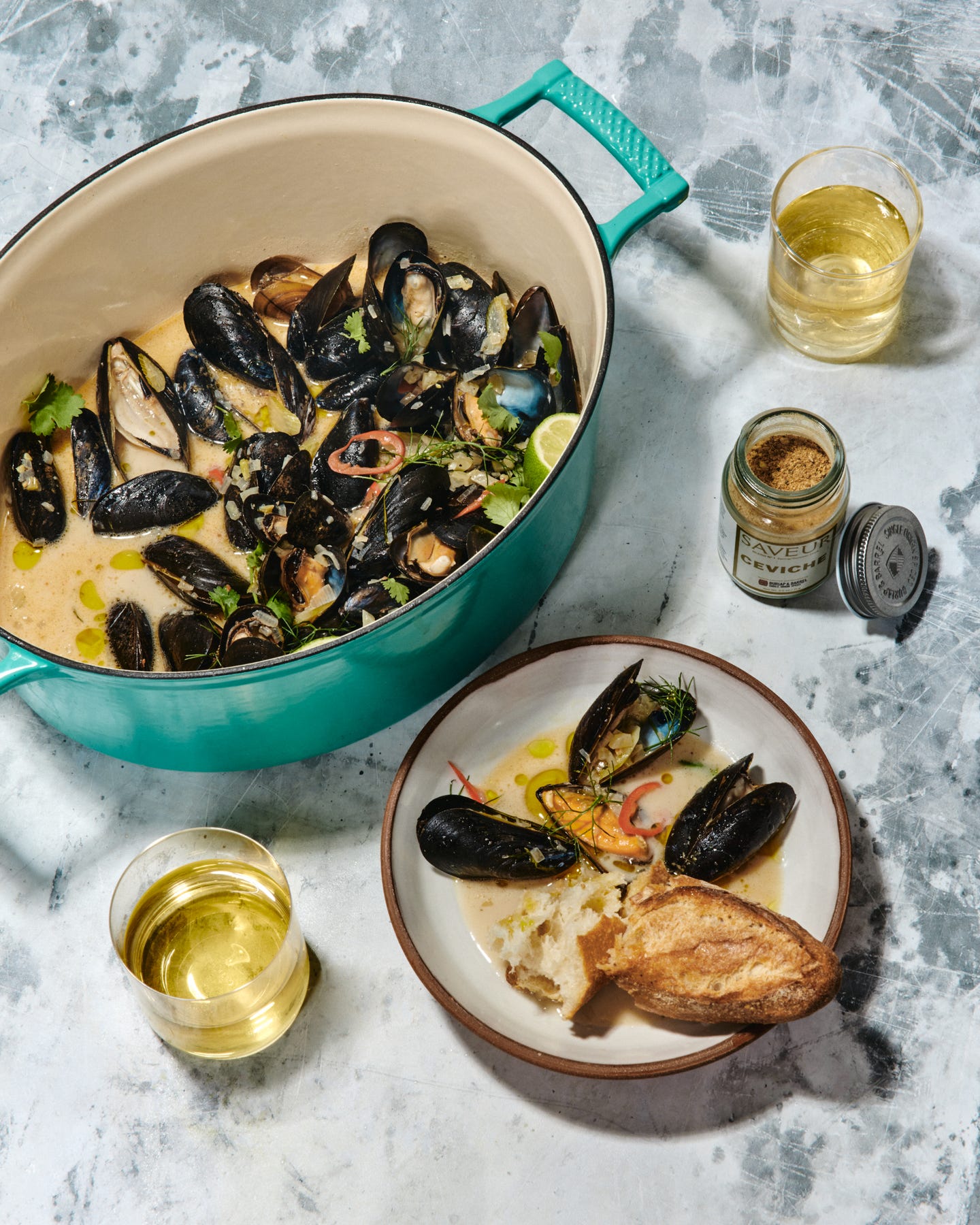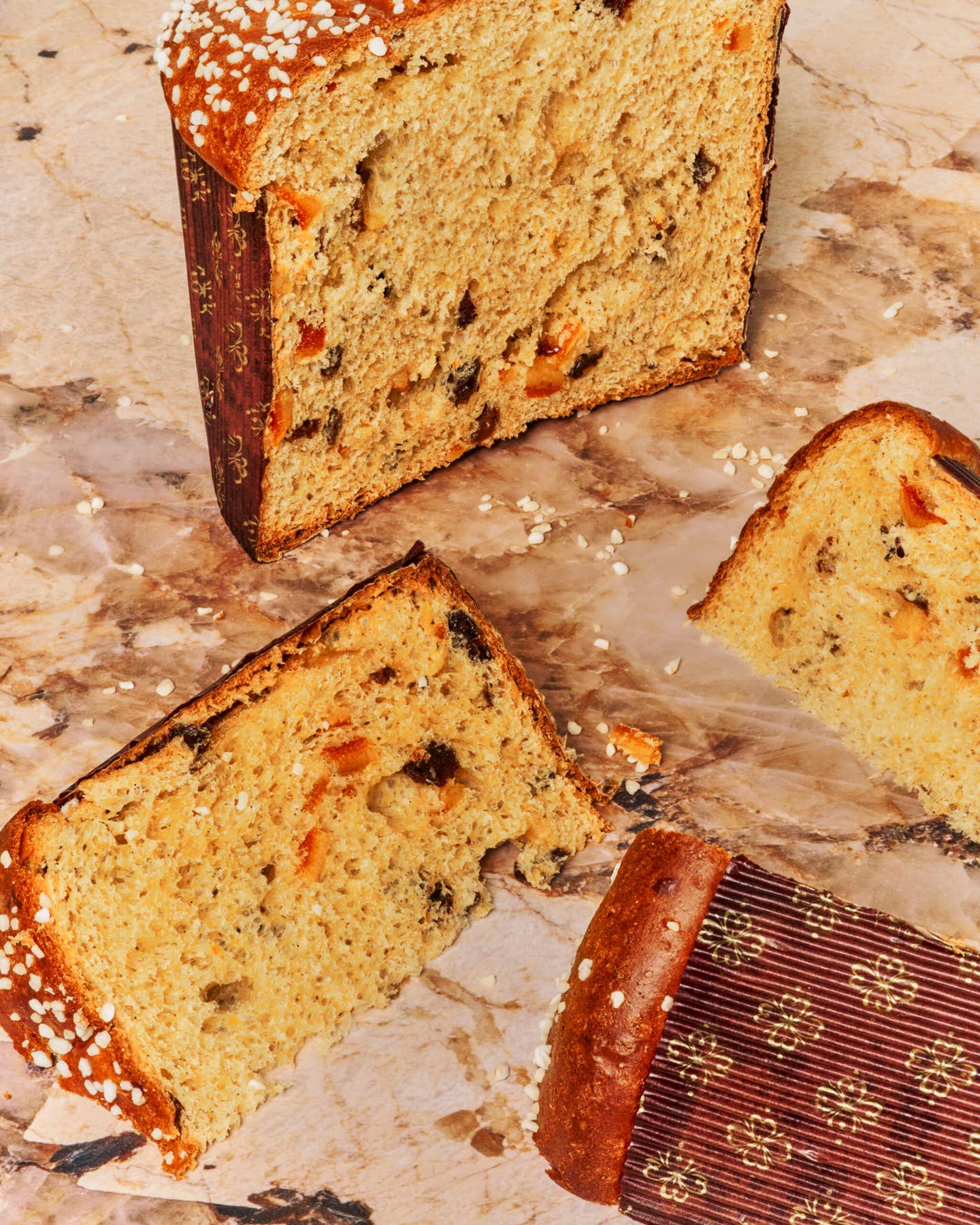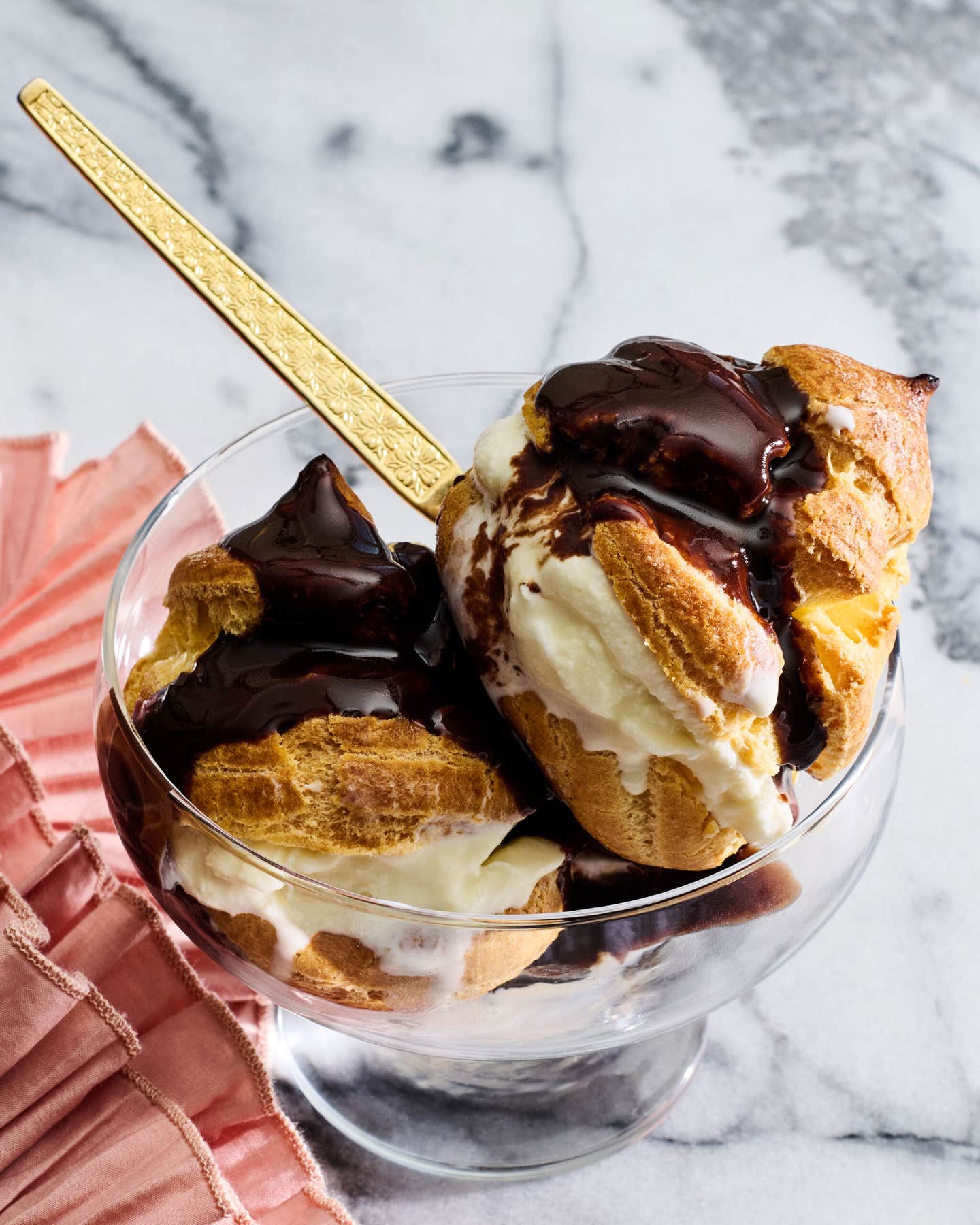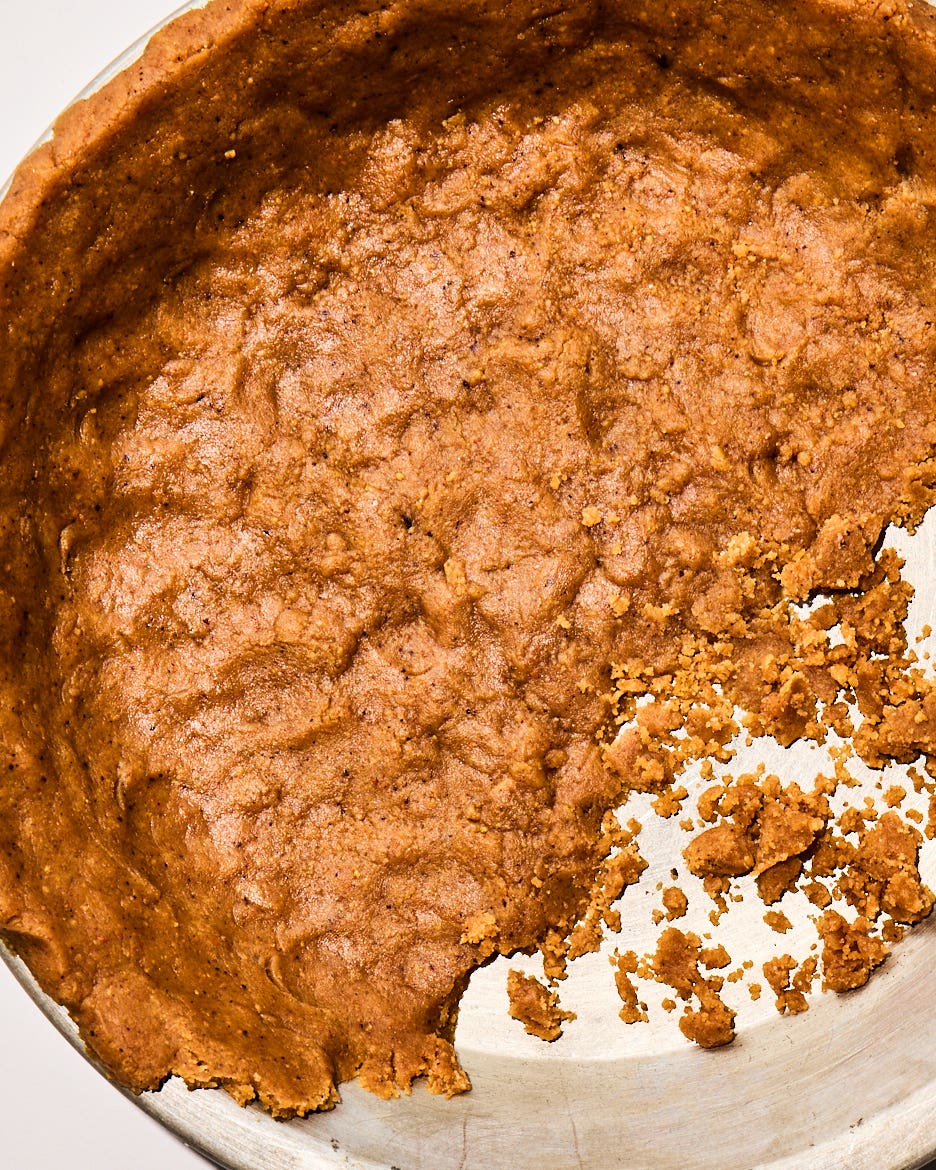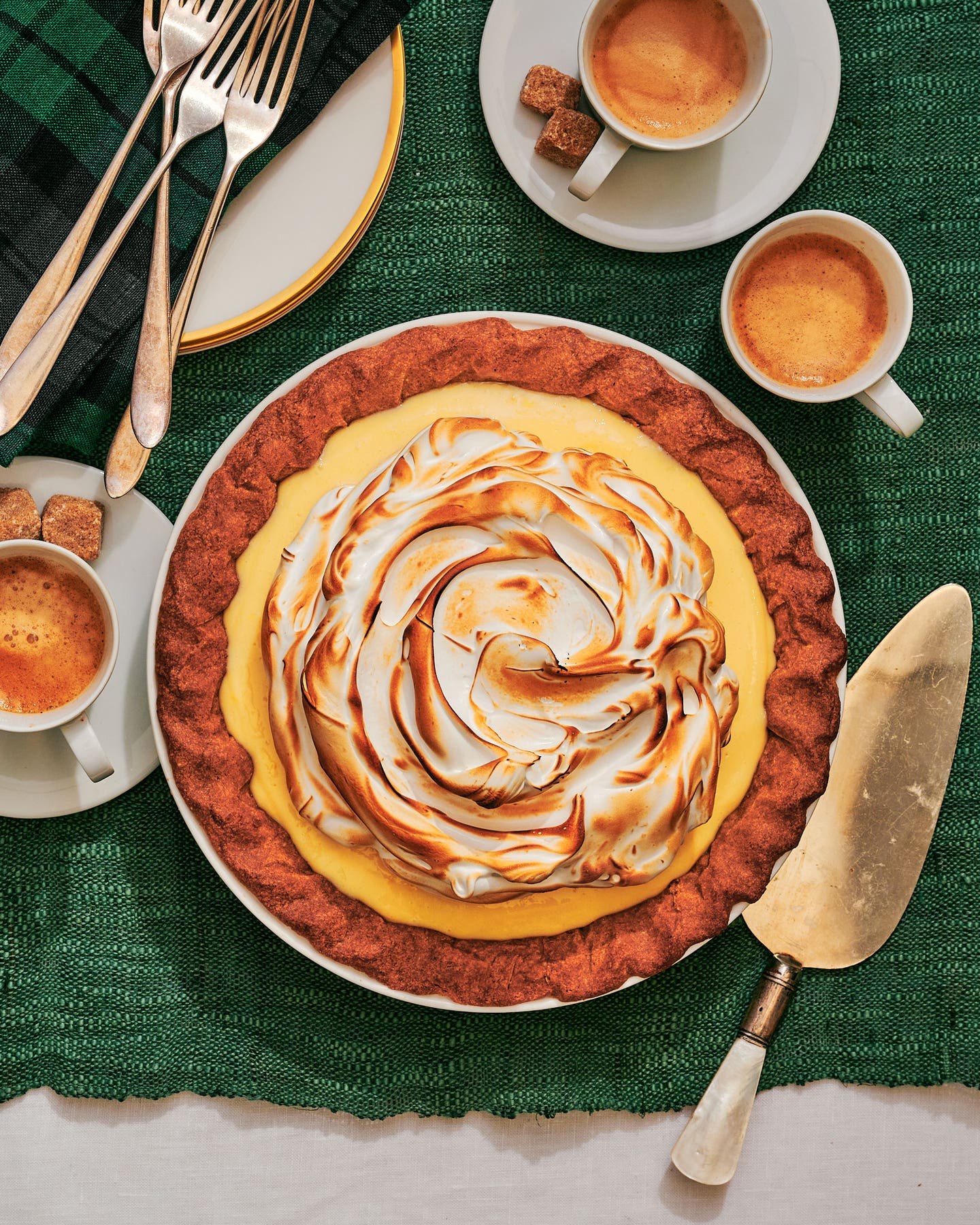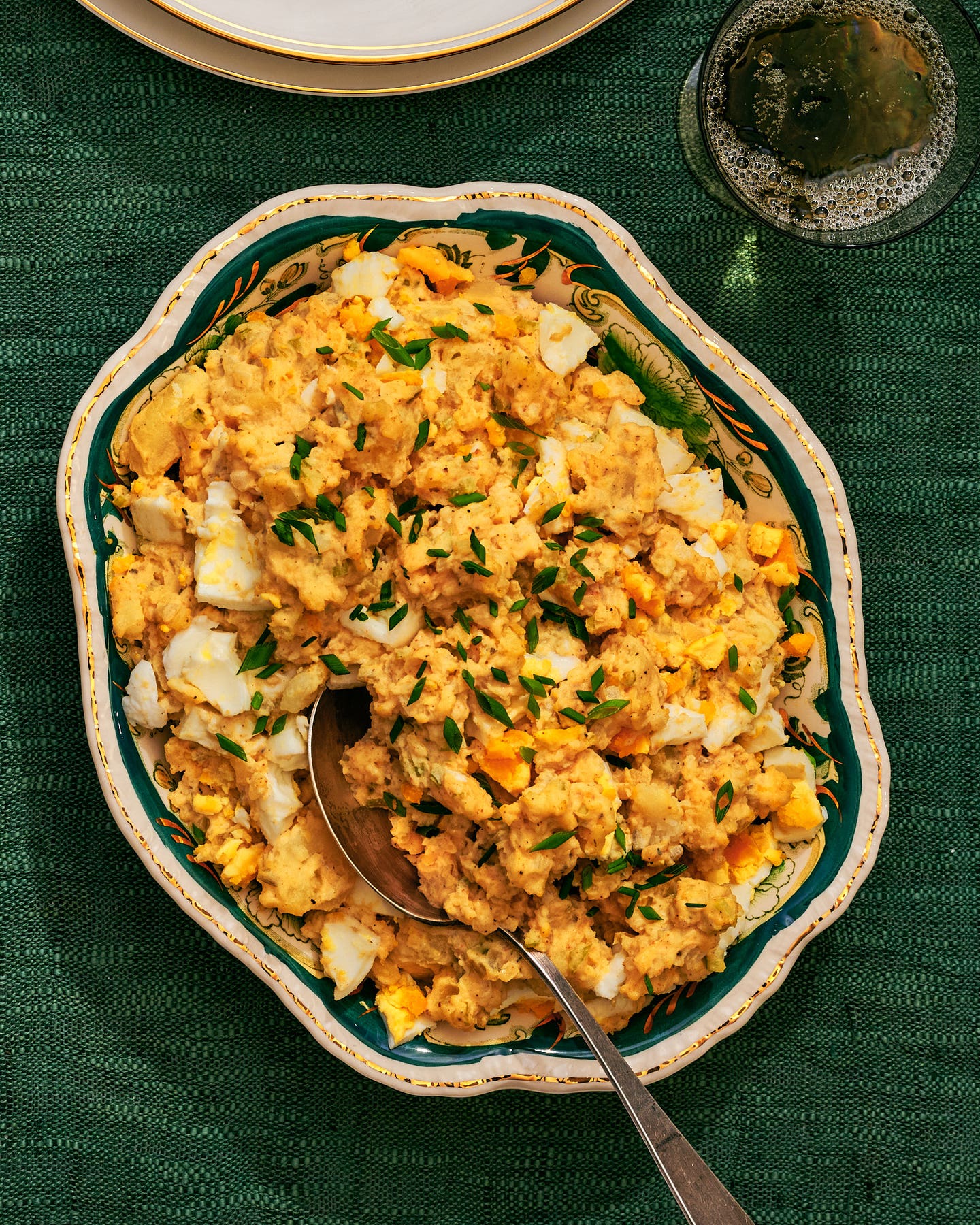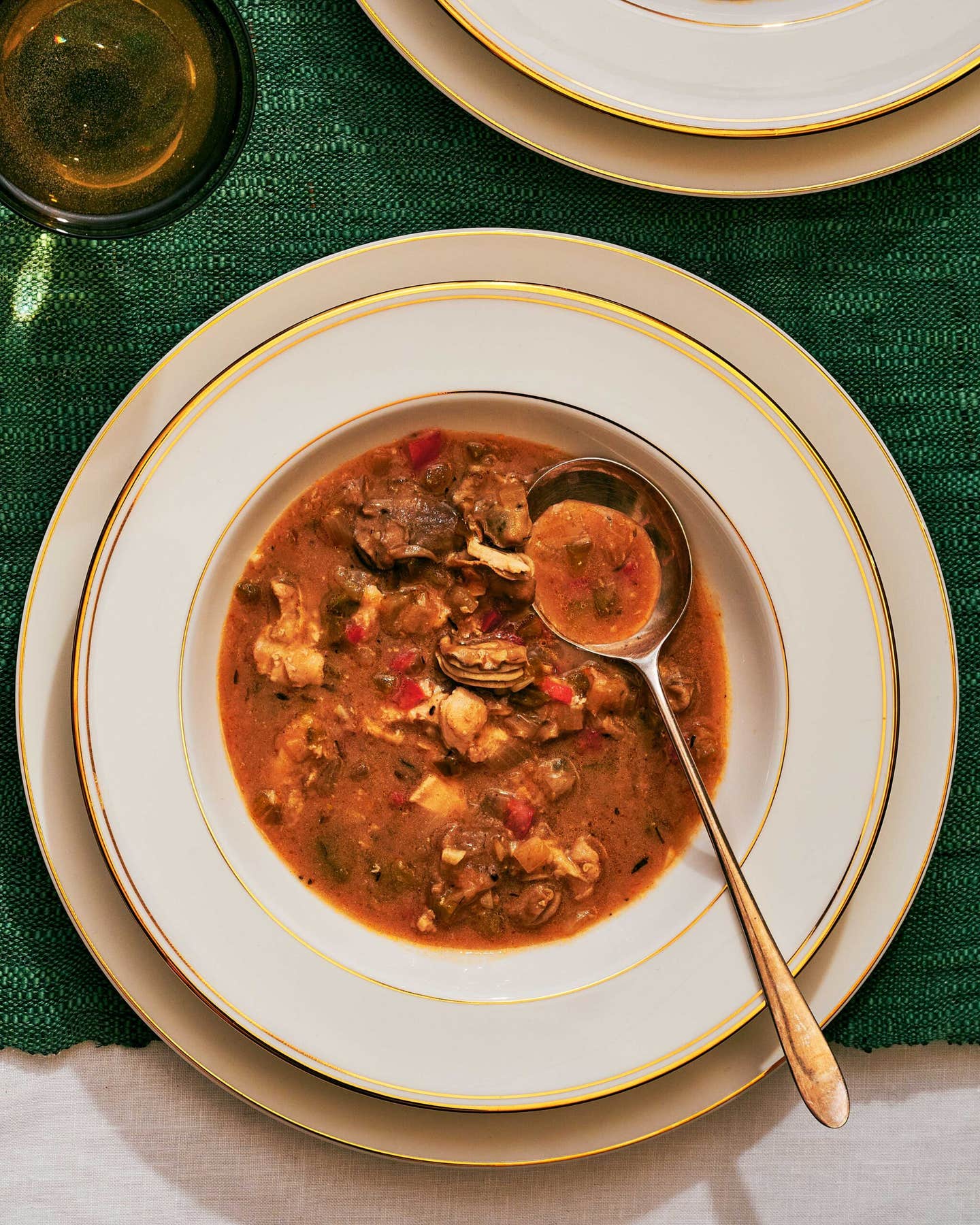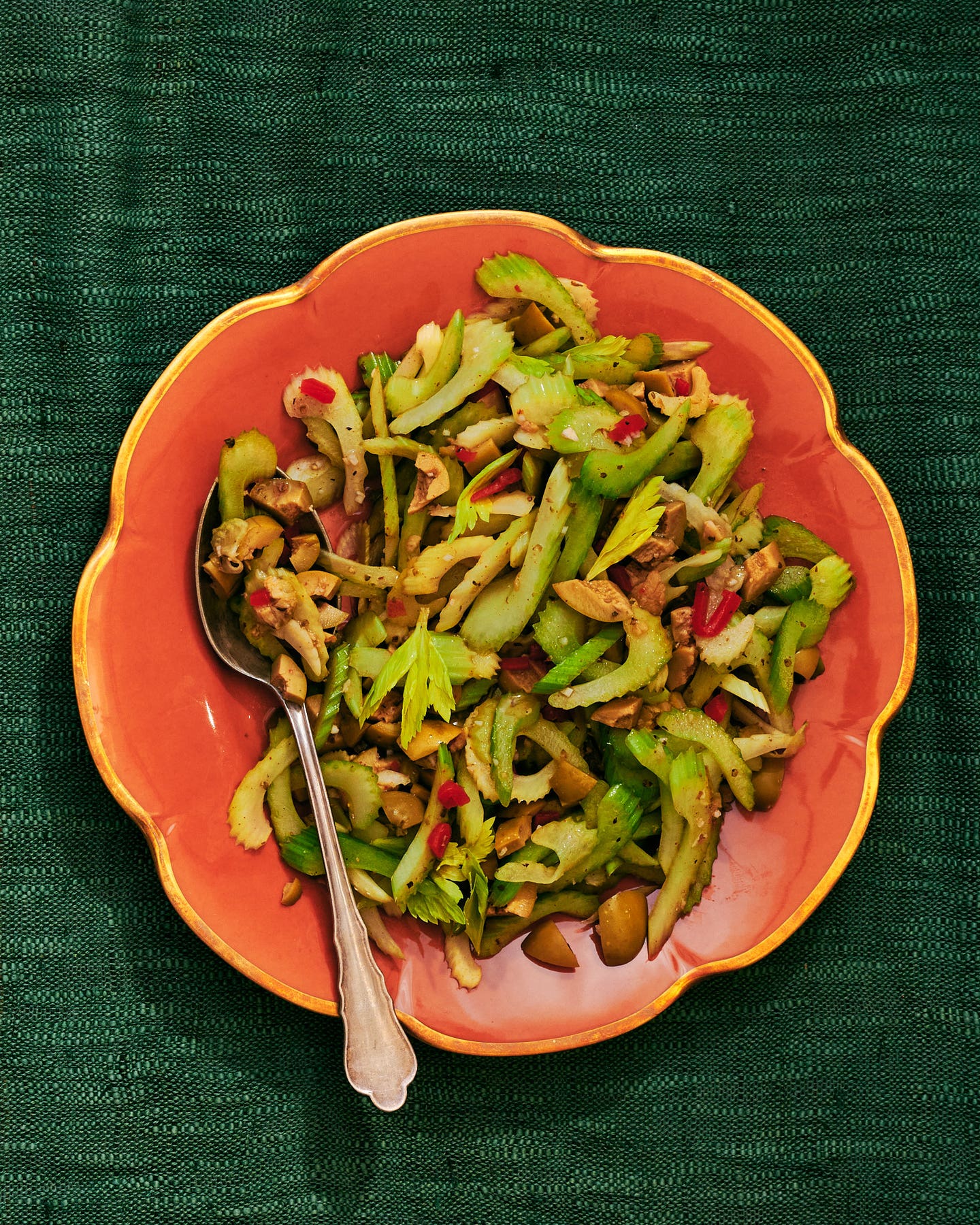Shoyu Sugar Steak
Hawaiian chef Sheldon Simeon riffs on a classic Japanese grilling technique for this sweet-and-savory dish.
- Serves
6
- Time
1 hour 25 minutes

Maui chef Sheldon Simeon thinks of shoyu and sugar as the “mother sauce” of Hawaiian cuisine. Mixed together in sweet and salty balance, “shoyu sugar” forms the foundation for a number of dishes, from chicken hekka to Okinawan rafute. The combination makes sense on a cultural level as much as on a culinary one: Sugarcane was the economic lifeblood of Hawaii for generations, while shoyu is the one seasoning Hawaiians use more than any other.
Simeon developed this recipe as a solution to a very specific conundrum: He loves the simplicity of grilling a thick steak over his backyard grill, but he realized that, if he wanted to season the meat with shoyu sugar, he would have to marinate it, which would change the texture of the beef. Brushing the steak with shoyu sugar while on the grill didn’t work great either: The liquid drips off without imparting much flavor. So instead, he adapted traditional Japanese tare—a basting sauce thickened with toasted and pulverized brown rice. This powder adds a pleasant nuttiness, and more importantly, helps the shoyu sugar cling to the steak, resulting in a gorgeous caramelized crust. (If you don’t have a spice grinder to grind the rice, a third of a cup of Cream of Wheat or Cream of Rice hot cereal is a handy substitute.)
Using this method, any ¾-inch thick steak will work, including a ribeye, New York strip, T-bone, top sirloin, or flank steak. Simeon’s favorite cut to use, however, is the boneless chuck roast. This “the poor man’s rib eye” comes from the shoulder and is most often used for braising or roasting. It’s not as tender as a filet mignon, but if you prefer an extra beefy-tasting steak, the chuck’s robust flavor and satisfying chew make it an appealing option.
Adapted from Cook Real Hawai’i by Sheldon Simeon. Copyright © 2021. Available from Clarkson Potter.
Featured in “Talking Hawaiian Home Cooking with Sheldon Simeon” by Shane Mitchell.
Ingredients
- One 3-lb. boneless chuck roast
- Garlic salt
- ½ cup raw brown rice
- 1 cup mirin
- ½ cup sake
- 1 cup shoyu (soy sauce)
- ½ cup light brown sugar
- 2 Tbsp. apple cider vinegar
- 6 garlic cloves, smashed and peeled
- 6 scallions, cut crosswise into thirds and crushed
- One 2-in. piece fresh ginger, peeled, sliced, and crushed
- Vegetable oil, for the grill
- Freshly ground black pepper
Instructions
Step 1
Step 2
Step 3
Step 4
Step 5
- Place the steak on a plate and pat dry if needed. Sprinkle generously with garlic salt and set aside to come up to room temperature, about 40 minutes.
- Meanwhile, in an electric spice grinder, process the rice until finely ground. In a medium skillet over medium-high heat, toast the rice powder, stirring continuously, until deep golden brown and fragrant, about 5 minutes. Turn the heat to medium-low, add the mirin and sake, and bring to a boil, stirring to loosen any browned bits from the bottom of the pan. Add the shoyu, brown sugar, vinegar, garlic, scallions, and ginger, then turn the heat to low to maintain a gentle simmer. Cook until thickened and slightly reduced, 10–12 minutes. Using a slotted spoon, remove and discard the aromatics.
- Prepare a grill for high indirect heat: For a charcoal grill, push the coals to one side; for a gas grill, leave one or two burners off. Using tongs and an oiled kitchen towel or paper towels, oil the grates. Sprinkle the steaks generously with black pepper and place on the grill on the indirect heat side. Cover the grill and cook, flipping occasionally, until a thermometer inserted into the thickest portion of the steak reads 104°F, 20–25 minutes.
- Once the meat thermometer reads 104°F, move the steaks over the direct heat. Brush the meat liberally with the reserved sauce, and grill, flipping and basting with the sauce every 30–60 seconds, until a lightly charred glaze has developed and the internal temperature reads 125°F (for medium-rare), 10–15 minutes.
- Transfer the steaks to a cutting board and set aside to rest for 10 minutes. Carve against the grain into thick slices and serve immediately with the remaining sauce on the side.
Keep Reading
Continue to Next Story
